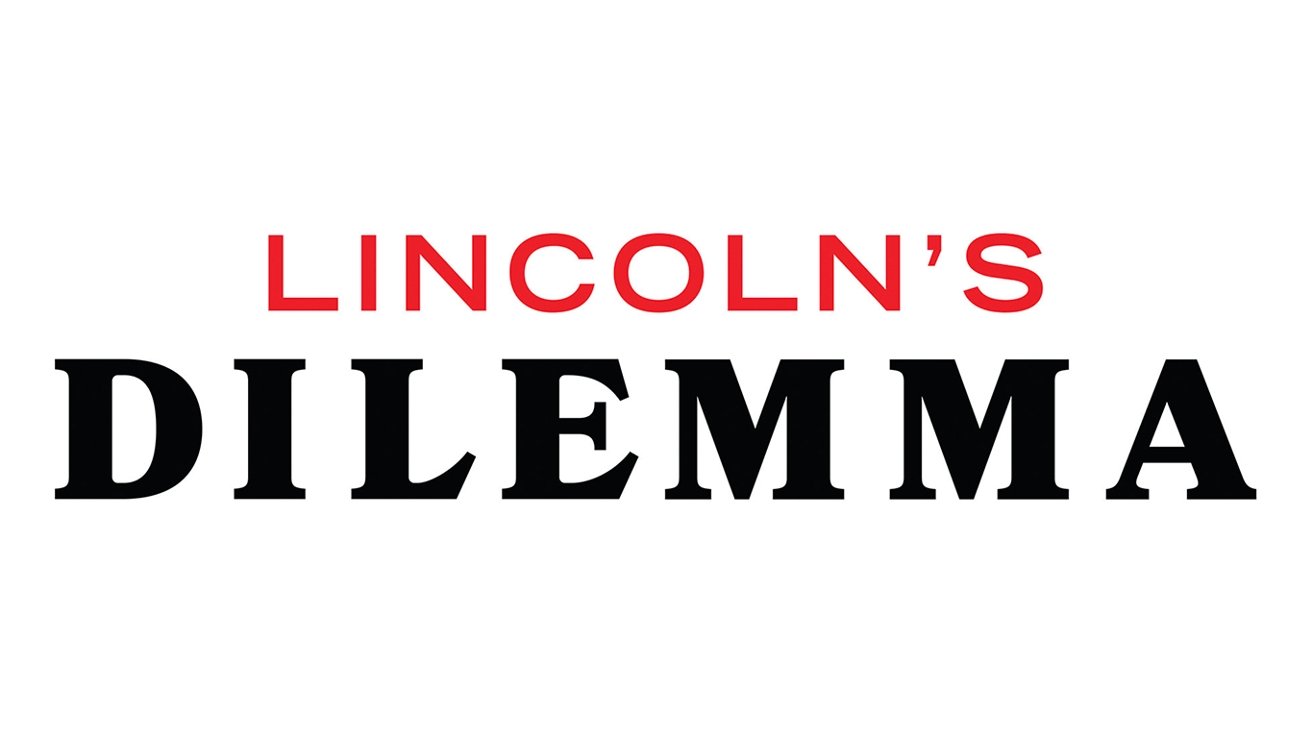A new four-part docuseries coming to Apple TV+ will offer a new look at Abraham Lincoln and what it took to end slavery in the United States.
Apple describes 'Lincoln's Dilemma' as a "21st-century examination of a complicated man and the people and events that shaped his evolving stance on slavery." The series is designed to be a nuanced look into not only Lincoln but the narratives of enslaved people.
The series will be narrated by Jeffrey Wright and features the voices of Bill Camp as Abraham Lincoln and Leslie Odom Jr. as Frederick Douglass.
'Lincoln's Dilemma' is based on acclaimed historian David S. Reynolds' award-winning book, "Abe: Abraham Lincoln in His Times." It is produced by Eden Productions and Kunhardt Films.
The new docuseries joins a growing catalog of titles in Apple TV+'s library, including "Boys State," "The Velvet Underground," and "Fireball: Visitors from Darker Worlds."
 Amber Neely
Amber Neely








 Charles Martin
Charles Martin
 Christine McKee
Christine McKee
 Wesley Hilliard
Wesley Hilliard
 Malcolm Owen
Malcolm Owen
 Andrew Orr
Andrew Orr
 William Gallagher
William Gallagher
 Sponsored Content
Sponsored Content







14 Comments
I wonder if they’re going to include Lincoln’s abysmal record of treatment of native Americans, or of that will be conveniently left out?
I wonder how many states will decide that this is not suitable for children in K-12? Given some of the recent moves to remove books and restrict what parts of US History can and can't be taught and even to restrict children's 1st amendment rights of free speech and criticism, this looks like a huge great target for the anti-everything crowd.